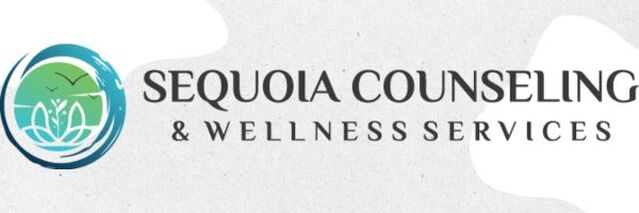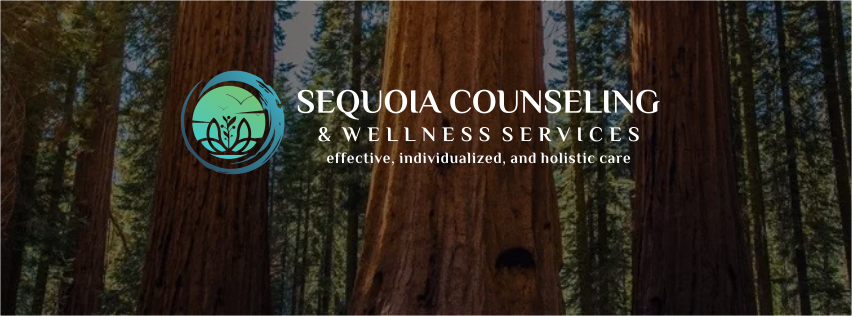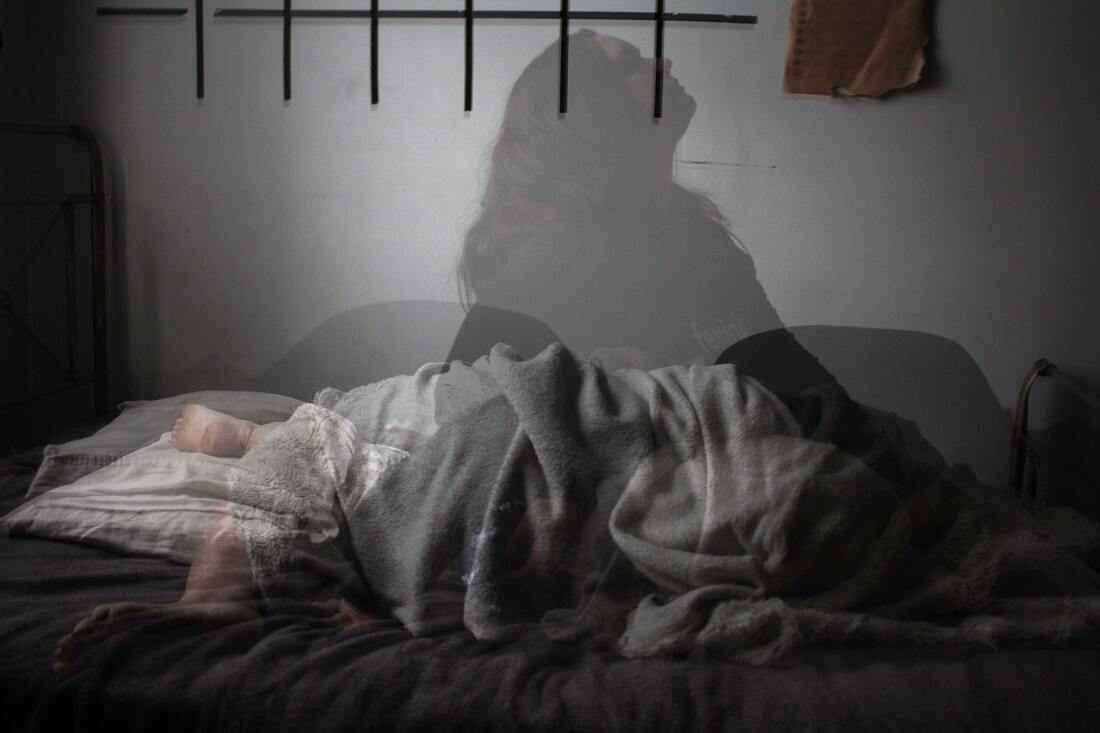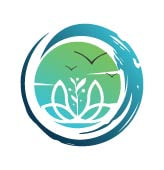|
Primary insomnia refers to sleep difficulties that are not due to medication side effects, caffeine/stimulant or other substance use, or psychological/physical health conditions. Primary insomnia is characterized by:
The consequences of ongoing insomnia include impaired concentration, impaired learning and memory, emotional distress, impaired moral judgment, and decreased alertness and slower cognitive processing speeds. Sleep difficulties are also correlated with negative health effects for metabolism, insulin regulation, cardiovascular function, immune defense, and certain cancer risks. According to the American Academy of Sleep Medicine, 30% of adults have symptoms of insomnia and 10% of adults have insomnia that is severe enough to cause daytime consequences.
Helpful Sleep Tips:
Support Tools: Self-help and sleep aid tools can be very useful- but are not intended to take the place of a medical, psychological or other specialty sleep consultation when needed. With that in mind, I have either used or looked at these aids that are recommended by the American College of Lifestyle Medicine for help with sleep: Meditation apps: Headspace by Headspace: This application offers a variety of meditation exercises. While you do need to sign up for an account, many services are free- including a current promotion for Headspace Plus for the unemployed. Relax and Sleep Well by Glenn Harrold by Diviniti Publishing: Has several free exercises under 30 minutes to help you fall asleep or return to sleep. The relaxation effects may cause you to fall asleep before completing the exercise; not a bad thing! White noise: I am not familiar with any free or low cost applications for white noise. I have used both of these machines for relaxation and would recommend them: Dohm Natural Sound Machine Sound+Sleep Machines Sleep apps (free): Sleep Bot by SleepBot: Has sleep tracker, smart alarm and ambient sound machine CBT-iCoach: App includes a sleep diary, sleep goal setting tools, and relaxation exercises. Blue Light Blocking Glasses: I don’t have knowledge of the effectiveness of eyewear to filter out blue light. However, sleep experts recommend limiting exposure to blue light in the late evening hours as it affects the onset of the sleep cycle. Sources of blue light include digital screens, electronic devices, and fluorescent and LED lighting. These eyeglasses appear to also help prevent eye strain and headaches that can occur with heavy computer use. Uvexskyper safety eyewear (orange tinted): cut out almost all blue light Spektrum Pro Blue light Blocking Glasses(Light yellow): cut blue light by 1/3 When to Get Psychological Consultation:
I am currently accepting new clients via teletherapy and available to consult regarding treatment needs. For more information, contact me. <3 Be well ! All blog posts from Dr. Soo Hoo are provided for educational and informational purposes only. As Dr. Soo Hoo is a licensed clinical and health psychologist, we must make it clear that nothing on the blog is intended to constitute medical or psychological advice, consultation, recommendation, diagnosis, or treatment. If you are concerned about your health, please seek appropriate care in your area. Comments are closed.
|
Hours Mon-Fri: 8am - 5pm
|
Telephone 949.337.1034
|



